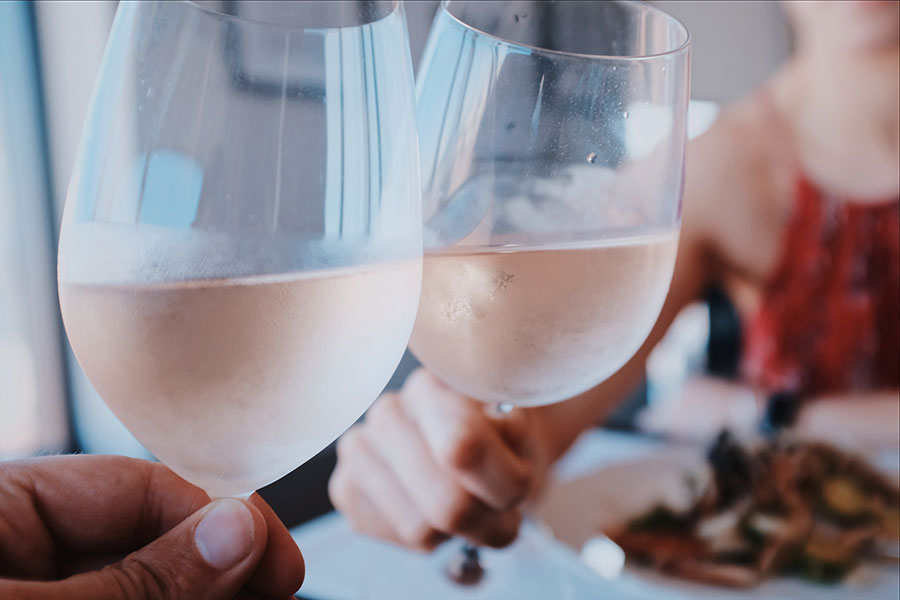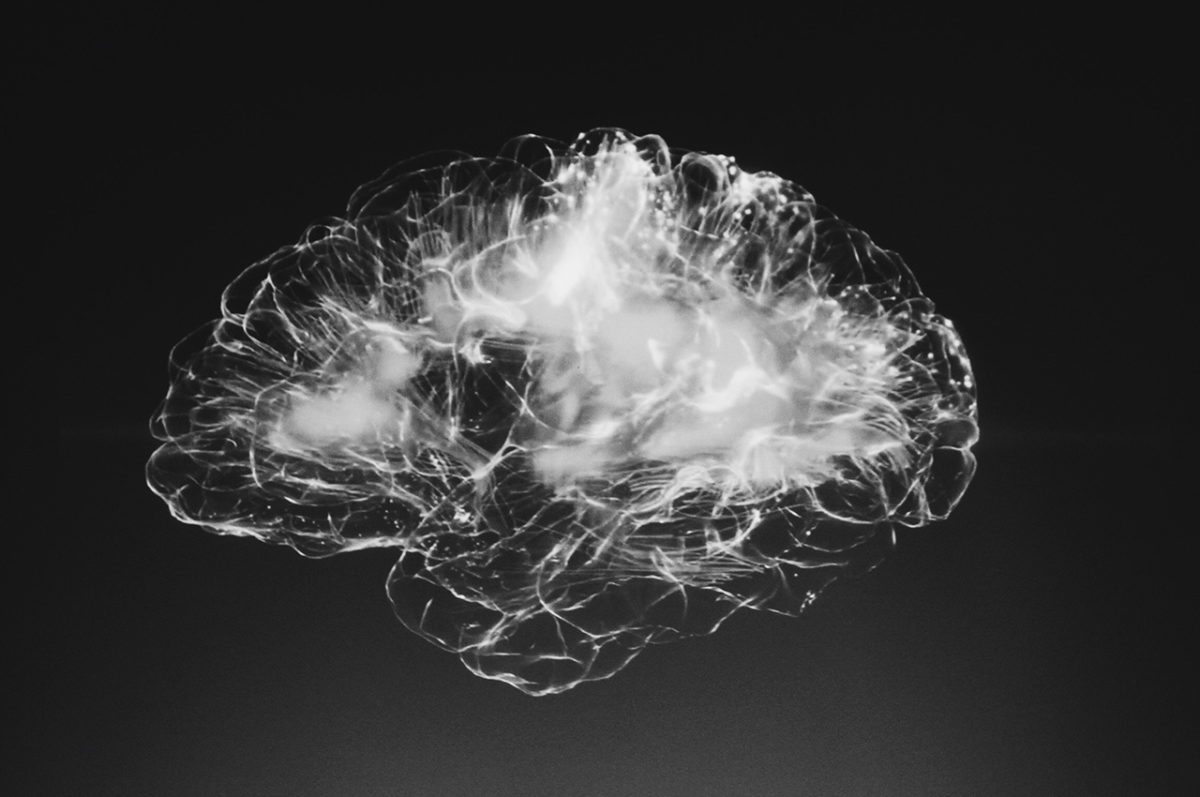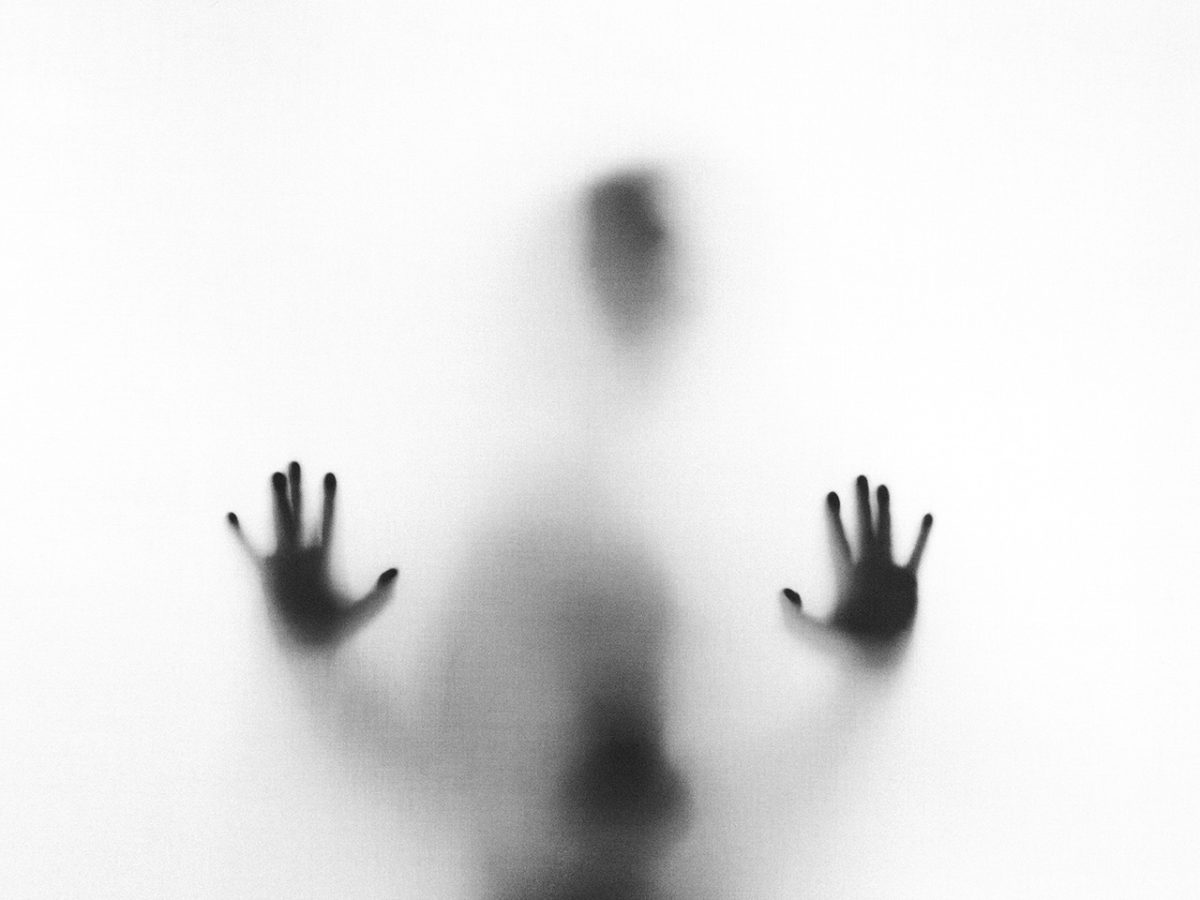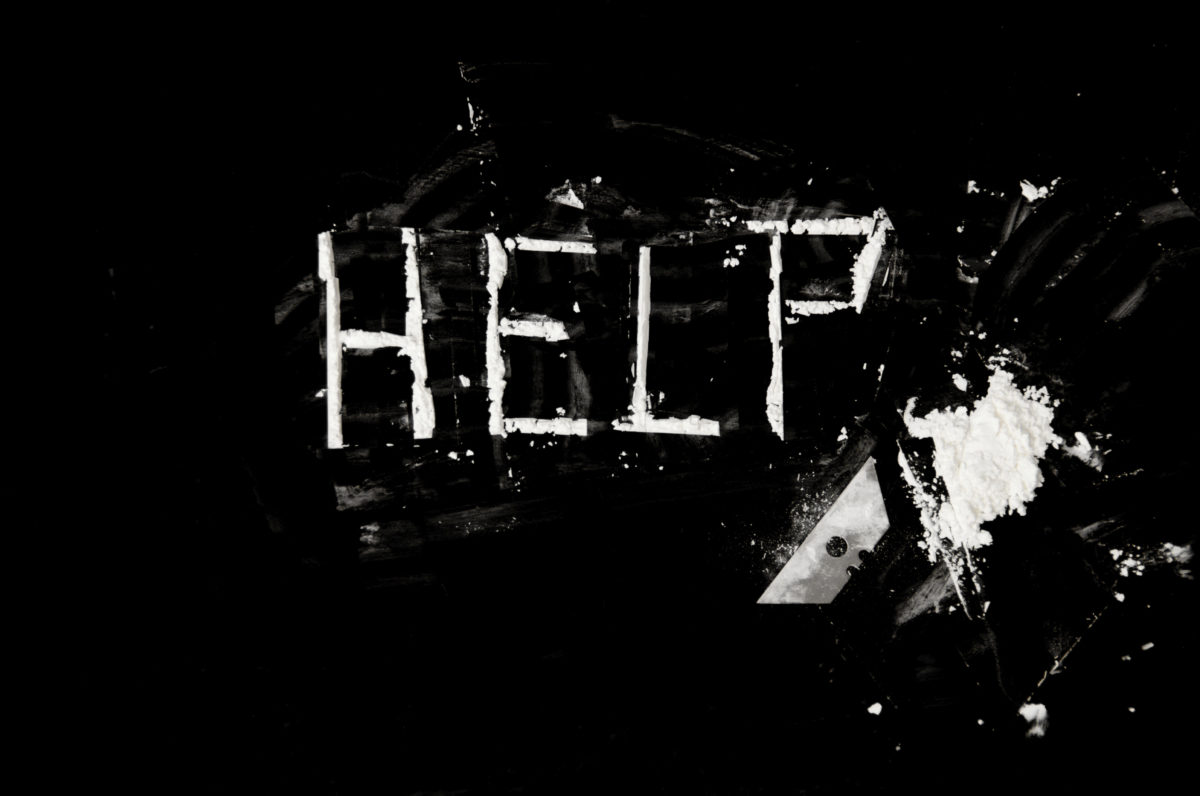If you find you’re drinking more alcohol during the COVID-19 pandemic or starting to drink alone, you’re—well, not alone. Maybe you used to drink only occasionally, but now it feels like there’s permission to make drinking a daily ritual. I stopped drinking a few years back, but if I still drank, I can almost guarantee I’d be leaning on alcohol right now, and feeling nervous if my supply were running low. At certain moments recently the idea of a drink sounded pretty good to me for the first time in a long time.
Working from home makes it even easier to turn to alcohol in the evening (or earlier). Why not have a drink (or three) every night when you don’t have to get up early to make yourself presentable and get to work on time? Pouring a drink can be especially appealing after a stressful day, which is pretty much every day now.
But what if you’re not entirely comfortable with your recent pattern of alcohol use, and part of you worries it might become a real issue? Even if you’ve never had a problem with drinking, you might be concerned about the long-term effects, and whether you’ll be able to step away from this higher level of consumption once the pandemic is behind us.
If you suspect your relationship with alcohol is moving in an unhealthy direction, don’t be hard on yourself. Turning to familiar ways of coping is a common and understandable response to this bewildering situation. As you’re assessing your relationship with alcohol, look for the following warning signs that your drinking may be going too far:
It’s escalating: You find that you’re drinking a bit more each week, drinking more nights during the week, or starting earlier in the day. Or maybe you’re experiencing hangovers more often or they’re lasting longer into the day. You might also consistently drink more than you were planning to, or drink on days when you’d planned to abstain.
It’s becoming a preoccupation: Perhaps you fantasize about what you’ll drink and can hardly wait to get started. You start thinking about your first drink hours before you intend to drink, imagining how blissful it will feel.
It’s crowding out other activities: Drinking starts to become your main leisure activity, taking away from other possibilities you used to enjoy.
It’s interfering: You’re not as effective in your work, or you’re skipping other activities because of drinking (e.g., being too hungover to exercise). Or maybe your drinking is leading to tension in your relationship.
Others are concerned: The people close to you may notice you’re drinking more, and have expressed their concern or asked you to cut down. People are generally reluctant to confront a loved one about their drinking, so if someone tell you they’re worried, it’s probably a reasonable concern.
- You feel defensive: If someone does say they’re concerned about your drinking, you bristle and become angry. Maybe you try to turn the tables, pointing out their problematic behaviors and trying to take the focus off yourself.
- You’re being secretive: You might make yourself strong mixed drinks so it’s harder for others to know how much alcohol you’re having, or you try to prevent them from knowing how many drinks you’re having.
- So how to avoid developing a serious problem with alcohol? The only surefire approach is to avoid drinking altogether, but the following recommendations can lower the risk. In general, these preventive measures are the flip side of the risk factors.
Build other coping skills. Drinking is less likely to turn into your only means of coping if you have other techniques you can turn to. Through regular practice you’ll have access to options besides alcohol for managing stress and anxiety, and you’ll carry these skills with you when the crisis is over. Here are two practices that can bookend your day (adapted from the forthcoming CBT Deck for Anxiety, Rumination, & Worry).
Ease into the Day: Stress hormones like cortisol surge as you’re waking up for the day, preparing you for the challenges ahead. However, they can also trigger a spike in anxiety first thing in the morning. When you wake up tomorrow, notice if you’re holding onto any unnecessary tension in the body. Is it possible to let it go, even a little? Greet the day in a state of focused calm.
Bedtime Breaths: When you get into bed this evening, take 10 slow, cleansing breaths to release the day’s stress and activity. With each exhale, let go of anything you’re holding onto from your day, and relax fully into your mattress. Sense that this time and place are devoted to rest and renewal. Place a note by your bedside to remind you of this practice when you go to bed.
Be honest with yourself and open with others. Avoid the problems that come with secrecy by resolving to be open with someone close to you about your drinking. Be honest with yourself, too, about the state of your drinking, and acknowledge if it seems to be trending toward trouble territory.
Don’t drink alone—or with heavy drinkers. Part of staying accountable with drinking is not doing it alone. It might be hard to avoid solo drinking right now if you live alone, so arrange for virtual meet-ups over a drink. Just be careful about your drinking partners, who can strongly influence your level of consumption. Avoid those who drink heavily, and look for relationships that emphasize the quality of connection over the drinking element.
Maintain the important parts of your life. Letting areas of your life slide can put you in a hole you’ll have to dig out of when this crisis is passed, which could make alcohol an even more attractive alternative. Keeping up with your work responsibilities, relationships, and non-alcohol-related leisure activities will lower the odds of over-relying on alcohol.
Have non-drinking days. The more consistently you practice a behavior, the more automatic it becomes. Break your drinking streak to restore a level of choice in whether you drink, and to show yourself you can do it. Commit with a loved one to share non-drinking days, and make a point to spend time together on those days. You might learn something valuable about yourself when you don’t give in to the urge to drink—for example, discovering more about the emotions behind the urges.
If you’re wondering whether to change your drinking behavior, take care to ask yourself the right question. Most commonly we’ll ask ourselves if we’re “addicted” or if we’re “an alcoholic,” but those questions are usually too black-or-white to offer meaningful answers. The better question is, “Is the way I’m drinking a net positive in my life?” If not, talk with someone you love and trust about the concerns you have. Explore with them whether it’s time to change your relationship with alcohol, and how they might support you along the way.
Please note that it is dangerous to quit drinking alcohol cold turkey if you’re drinking heavily. Consult with your doctor about a safe plan for reducing alcohol consumption.
Original Article on WebMD







